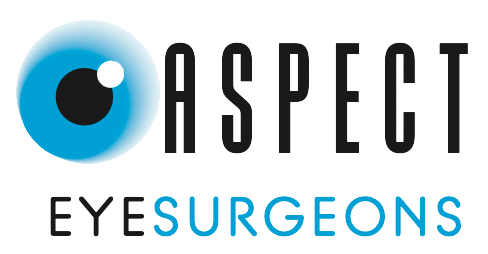The last 10-15 years has seen a revolution in treatment of Age Related Macular Degeneration, Diabetic Retinopathy and Retinal Vein Occlusion.
New classes of medication are able to precisely target the chemical messenger systems in the body that drive visual dysfunction in these conditions. Most of these medications require delivery into the eye via injection – referred to as an Intra-vitreal Injection. This treatment modality has become incredibly routine and is used in large numbers of patients.
When patients are offered this treatment by their ophthalmologist, it is common to feel very anxious and apprehensive. The prospect of a needle being inserted into the eye sounds painful and daunting after all.
Our surgeons are trained to make this procedure quick, precise and painless. Most patients quickly become used to the treatment and are amazed at how they cannot feel their injection.
It should be noted that most of these treatments control the underlying problem rather than curing it. As the medication disappears from the eye, the condition may return. For this reason – injections are given regularly in an ongoing manner. Treatment is usually initiated with several injections around 4 weeks apart. Depending upon treatment response this interval is slowly extended. Some patients continue to require treatment every 4 weeks, but many may extend to 12 weeks and occasionally longer.
When attending our practice for an Intravitreal Injection it is important to bring along a driver. It is normal for the vision to be very blurry in the injected eye on the day of treatment. The vision may even disappear altogether for a few minutes before returning. It is also normal to experience floaters for a few days following an injection.
It is therefore unsafe to drive on the day of your treatment.

